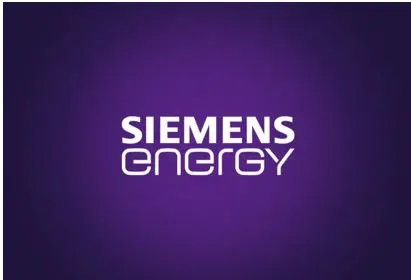

At the recent ARC Industry Forum in Orlando, ARC hosted a workshop titled Building Sustainable Industrial Operations and Supply Chains Through Energy Transition. Sponsored by Siemens Energy, the workshop served as a pivotal platform for discussing the intricate dynamics of the global energy transition and how sustainability is affecting just about every sector of industry and critical infrastructure. Featuring insights from ARC analysts and Darren McGuire and Edwin Castaneda of Siemens Energy, and others, the workshop underscored the critical role of technological innovation, particularly in software and artificial intelligence (AI), in overcoming challenges related to decarbonization, grid stability, and the overall optimization of energy systems.

The session featured a series of presentations from ARC analysts on how sustainability is affecting multiple industry segments, as well as discussions around renewable power, smart grids, and the impact of increased regulations on the industrial and power landscape. The workshop also featured presentations and a panel discussion around energy transition featuring Darren and Edwin. Edwin is senior product manager responsible for managing R&D and digital innovation for Omnivise Energy Management, while Darren is a commercial product manager and works with customers to increase energy efficiency. The following is a summary of key points covered in the panel discussion.
Darren highlighted the pressing challenges posed by the need for decarbonization alongside the imperative of maintaining grid stability, especially with the increase in renewable energy integration. The phenomenon known as the duck curve, exemplified by California's energy market, illustrated the significant impact renewable sources have on traditional power generation frameworks and the volatility of energy prices. Darren emphasized the critical need for innovative strategies to balance energy supply and demand, ensuring reliability of power systems in the shifting energy landscape.
Edwin illuminated the transformative impact of software solutions in enhancing energy production efficiency. The emergence of digital twins and application of AI technologies offer significant opportunities for detailed planning and operation of energy systems. These advancements enable more strategic resource utilization, contributing to the reduction of fuel consumption and greenhouse gas emissions, and paving the way for a cleaner, more sustainable energy future.
The discussions underscored the growing dependency on software technologies to navigate the complexities inherent in energy transitions while ensuring the scalability of solutions. The investment in software for operational optimization and the adoption of green technologies are escalating, exemplified by Siemens Energy's deployment of AI for optimization purposes. Such strategic technological adoption positions Siemens Energy at the forefront of competitive innovation in the energy sector.
Operational optimization is a critical avenue for enhancing energy efficiency and sustainability. The application of software technologies facilitates the seamless integration of renewable energy sources into existing grids and supports informed decision-making in electricity generation. By focusing on minimizing fuel consumption and emissions, the energy industry can achieve its operational and environmental objectives more effectively.
A pivotal aspect of the workshop's discourse centered on the integration of various energy assets to optimize outcomes. The growing significance of digital tools, such as AI in energy management, was emphasized, highlighting their potential to foster more sustainable operational practices and facilitate the transition towards a flexible and adaptive energy infrastructure.
Challenges, such as decarbonization and ensuring grid stability, are being addressed through innovative solutions that enhance operational efficiency and promote the integration of renewable energy. The energy sector's journey towards sustainability is increasingly supported by software and AI innovations, marking a pivotal shift towards a more efficient and resilient energy ecosystem.

